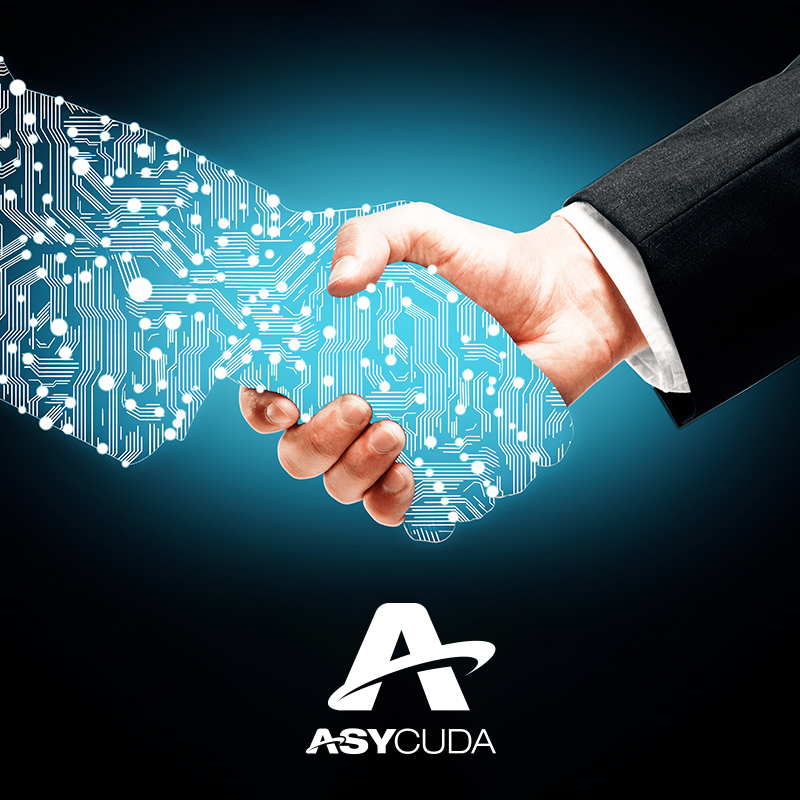
News
UNCTAD Capacity Building Session Covering Digitalization of Trade Information and Connectivity

P166 is UNCTAD’s flagship capacity building programme. It addresses the analytical and policy challenges that policymakers, Geneva-based delegates and other stakeholders from developing and transition economies face in promoting inclusive and sustainable growth and development.
In December 2022, for the first time, the work of the ASYCUDA Programme was the focus of a P166 session. Prepared and delivered by ASYCUDA staff, the short course entitled “Trade Facilitation and Development through Greater Digitalization and Enhanced Connectivity” covered:
- The benefits and reasons for digitalization and connectivity among Partner Governmental Agencies, especially since the COVID-19 pandemic
- The challenges for achieving digitalization and approaches to address them
- A framework of how the systems, tools and solutions developed by the ASYCUDA Programme can potentially address the needs for digitalization and enhanced connectivity
- The impact that ASYCUDA Programme interventions have had operationally and upon user countries’ economies
Opening the session, UNCTAD Director of the Division on Technology and Logistics, Dr Shamika Sirimanne, spoke about the need for trade facilitation – specifically the simplification, modernization, and harmonization of export and import processes that increase transparency and accountability, reduce red tape, and save costs to both governments and traders. She noted that using cutting edge technologies to facilitate trade is not easy and that there are many challenges posed by digitalization. Dr Sirimanne outlined how the ASYCUDA Programme is an excellent example of an end-to-end technology transfer initiative, highlighting that ASYCUDA delivers sophisticated, customized, digital technologies as well as the training on how to use them, helping UNCTAD Member States to simplify and increase the pace of international trade.
P166 is UNCTAD’s flagship capacity building programme. It addresses the analytical and policy challenges that policymakers, Geneva-based delegates and other stakeholders from developing and transition economies face in promoting inclusive and sustainable growth and development.
In December 2022, for the first time, the work of the ASYCUDA Programme was the focus of a P166 session. Prepared and delivered by ASYCUDA staff, the short course entitled “Trade Facilitation and Development through Greater Digitalization and Enhanced Connectivity” covered:
- The benefits and reasons for digitalization and connectivity among Partner Governmental Agencies, especially since the COVID-19 pandemic
- The challenges for achieving digitalization and approaches to address them
- A framework of how the systems, tools and solutions developed by the ASYCUDA Programme can potentially address the needs for digitalization and enhanced connectivity
- The impact that ASYCUDA Programme interventions have had operationally and upon user countries’ economies
Opening the session, UNCTAD Director of the Division on Technology and Logistics, Dr Shamika Sirimanne, spoke about the need for trade facilitation – specifically the simplification, modernization, and harmonization of export and import processes that increase transparency and accountability, reduce red tape, and save costs to both governments and traders. She noted that using cutting edge technologies to facilitate trade is not easy and that there are many challenges posed by digitalization. Dr Sirimanne outlined how the ASYCUDA Programme is an excellent example of an end-to-end technology transfer initiative, highlighting that ASYCUDA delivers sophisticated, customized, digital technologies as well as the training on how to use them, helping UNCTAD Member States to simplify and increase the pace of international trade.




